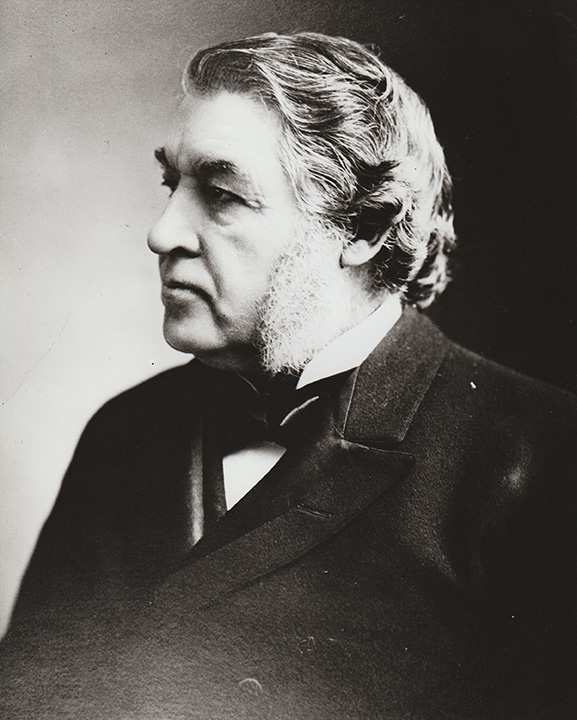Confederation Champion
It may be a little odd — but then maybe not — that over the past century Nova Scotians have generally showed more pride in the memory of anti-Confederation Joseph Howe than for that union's great Nova Scotia champion, Sir Charles Tupper. Maybe we prefer the rousing iconoclast over he who headed up the winning side.
But let's be clear: Tupper was a great achiever throughout his long life. Born in Amherst and educated at Horton Academy (forerunner of Acadia University), Tupper graduated with an MD from the University of Edinburgh in 1843, aged 22. He would practice medicine for decades, even after he entered politics. In fact, Tupper was the first president of the Canadian Medical Association.
Dr. Tupper entered politics in 1855, and became Nova Scotia's premier in 1864. It was in that position that he introduced a system of public education and expanded the railways. He also aimed to achieve a union of all three Maritime Provinces — until politicians from Canada (today's Ontario and Quebec) asked to attend an 1864 meeting of Maritime politicians in Charlottetown. Tupper and others were won over by a larger vision: a union of all British North America. From then on, Tupper was an advocate of Confederation and committed Nova Scotia to the union, though an 1867 election would soundly defeat his side after the fact.
Tupper switched to federal politics, and held several different senior portfolios. In 1896, he became Canada's sixth Prime Minister. However, he would hold the post for only 69 days, the shortest term in Canadian history. He is best remembered as one of the key architects of Canada's Confederation.

